FG’ll fund 50% of $2bn fibre project with loans – Bosun Tijani
Dr. Bosun Tijani, the Minister of Communications, Innovation, and Digital Economy, has announced that the Federal Government will contribute 50% of the $2 billion required to execute Nigeria's 90,000-kilometer fibre optic project.In an interview with Arise TV on Friday, Tijani disclosed that the government's 2025 borrowing plans will include the acquisition of loans to secure its contribution.
The Federal Executive Council authorised the creation of a special purpose vehicle to deploy the fibre network throughout the nation earlier this year.
Private companies are anticipated to contribute the remaining funds, while the government will finance its portion, which amounts to nearly $1 billion, through loans.
The project has received substantial support from the Ministry of Finance, President Bola Tinubu, and other key stakeholders, such as the World Bank. Tijani observed. He expressed confidence that the project, which involves the excavation of a trench for cable installation, will commence in the second quarter of 2025.
Tijani underscored the necessity of government investment in digital infrastructure, asserting that the low level of investment by private operators is the reason for the poor connectivity that many Nigerians are currently experiencing.
He contended that businesses frequently allocate resources to regions that offer guaranteed returns, resulting in the neglect of rural and underserved regions that lack adequate infrastructure.
He suggested two alternatives for the development of Nigeria's digital economy: either relying on private sector investment or implementing a more proactive approach by the government, as demonstrated in other progressive nations.
The latter approach, as per Tijani, resulted in the establishment of the SPV, which will be administered as a private entity with government representation.
The objective of the 90,000km fibre project is to reduce the cost of internet access by over 60% and increase internet penetration in Nigeria to over 70%.
Additionally, it is anticipated that it will facilitate the connection of more than 50% of the 33 million Nigerians who are currently without internet access and contribute to a 1.5% per capita increase in GDP over the next four years.



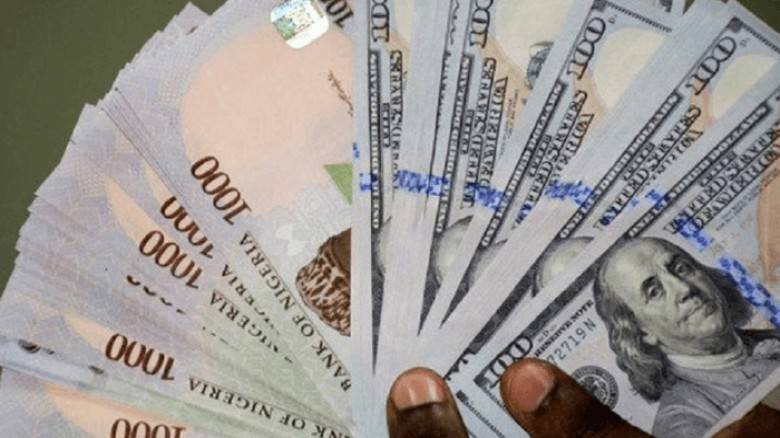
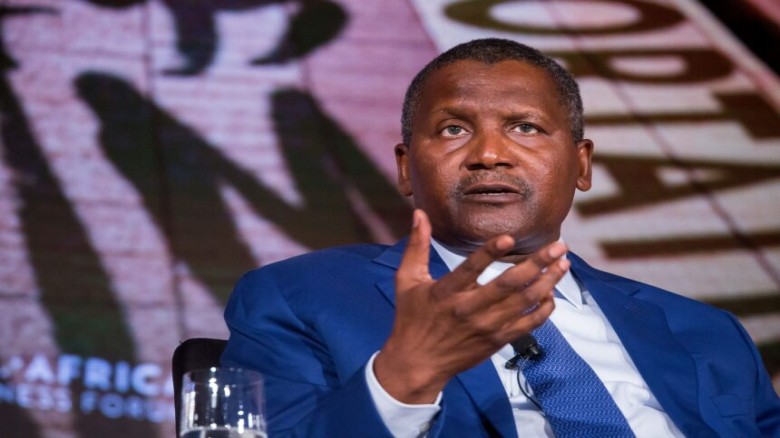



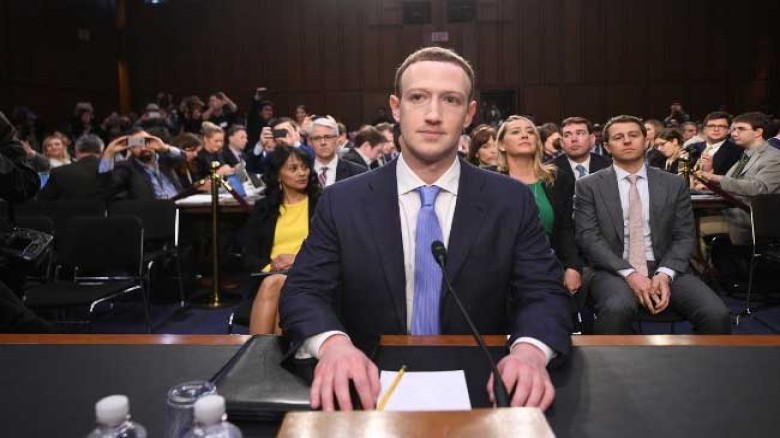



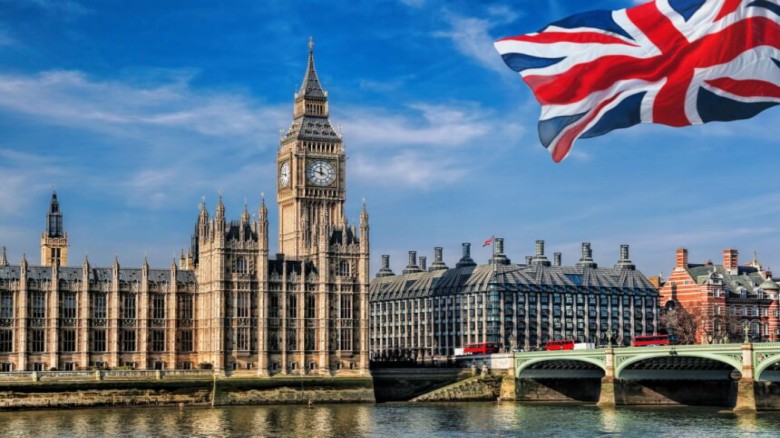
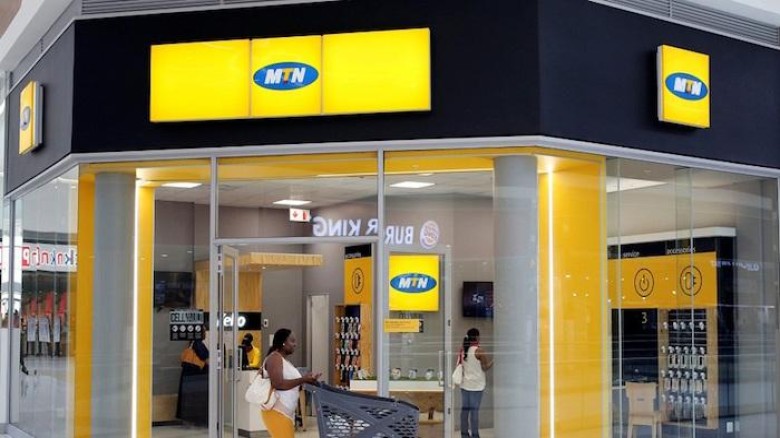










Leave A Comment